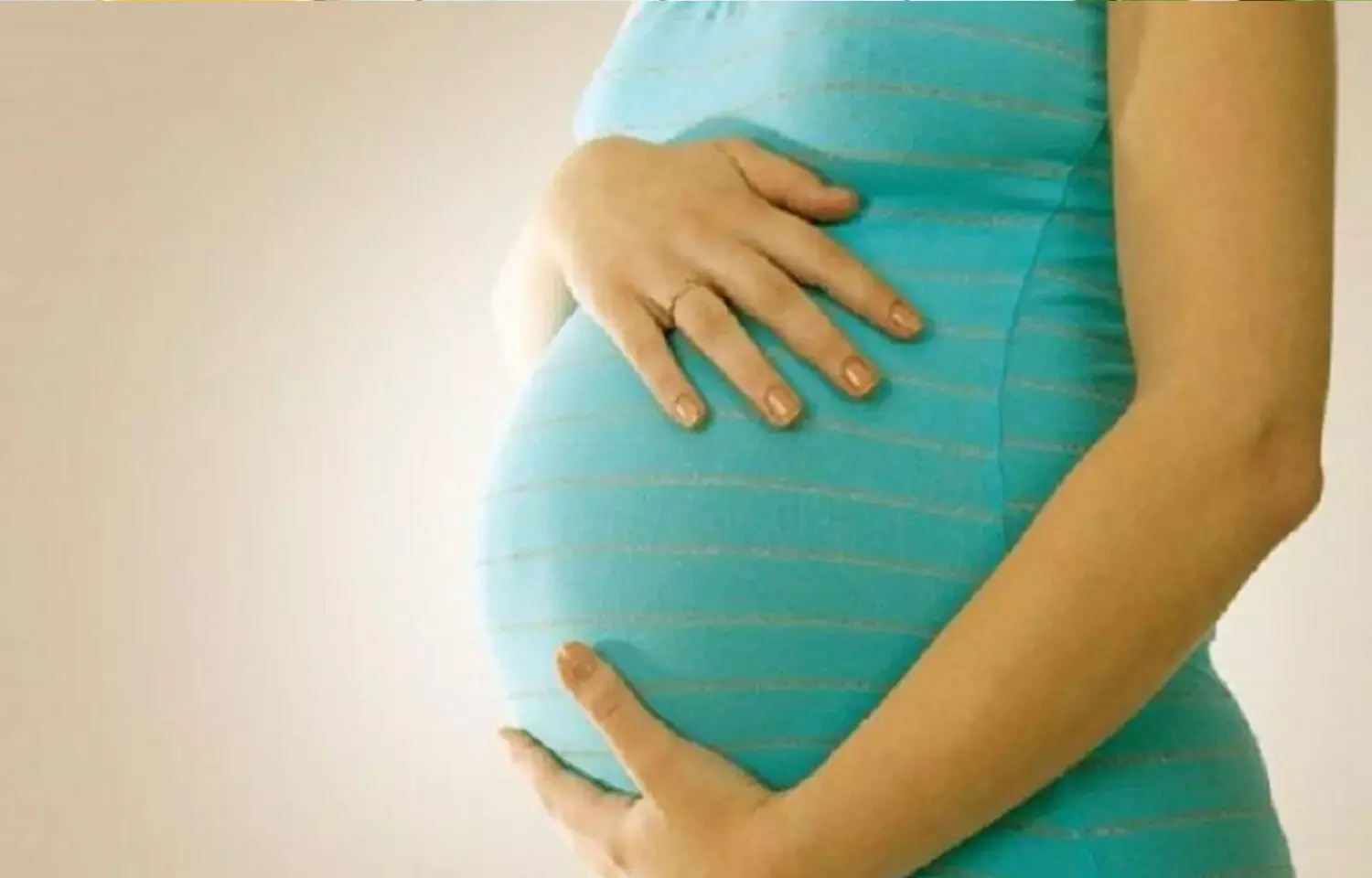- Home
- Medical news & Guidelines
- Anesthesiology
- Cardiology and CTVS
- Critical Care
- Dentistry
- Dermatology
- Diabetes and Endocrinology
- ENT
- Gastroenterology
- Medicine
- Nephrology
- Neurology
- Obstretics-Gynaecology
- Oncology
- Ophthalmology
- Orthopaedics
- Pediatrics-Neonatology
- Psychiatry
- Pulmonology
- Radiology
- Surgery
- Urology
- Laboratory Medicine
- Diet
- Nursing
- Paramedical
- Physiotherapy
- Health news
- Fact Check
- Bone Health Fact Check
- Brain Health Fact Check
- Cancer Related Fact Check
- Child Care Fact Check
- Dental and oral health fact check
- Diabetes and metabolic health fact check
- Diet and Nutrition Fact Check
- Eye and ENT Care Fact Check
- Fitness fact check
- Gut health fact check
- Heart health fact check
- Kidney health fact check
- Medical education fact check
- Men's health fact check
- Respiratory fact check
- Skin and hair care fact check
- Vaccine and Immunization fact check
- Women's health fact check
- AYUSH
- State News
- Andaman and Nicobar Islands
- Andhra Pradesh
- Arunachal Pradesh
- Assam
- Bihar
- Chandigarh
- Chattisgarh
- Dadra and Nagar Haveli
- Daman and Diu
- Delhi
- Goa
- Gujarat
- Haryana
- Himachal Pradesh
- Jammu & Kashmir
- Jharkhand
- Karnataka
- Kerala
- Ladakh
- Lakshadweep
- Madhya Pradesh
- Maharashtra
- Manipur
- Meghalaya
- Mizoram
- Nagaland
- Odisha
- Puducherry
- Punjab
- Rajasthan
- Sikkim
- Tamil Nadu
- Telangana
- Tripura
- Uttar Pradesh
- Uttrakhand
- West Bengal
- Medical Education
- Industry
Babies exposed to cannabis in the womb at risk of obesity, high blood sugar, finds study

WASHINGTON: Cannabis use among pregnant women is on the rise and may be associated with negative health outcomes in children, according to a new study published in the Endocrine Society's Journal of Clinical Endocrinology and Metabolism.
A 2016 study in Colorado revealed that up to 22% of pregnant women had detectable levels of cannabinoids in their body. Women who use cannabis, both tetrahydrocannabinol (THC) and cannabidiol (CBD), during pregnancy could be putting their child at risk for low birth weight and behavioral problems. Exposure to cannabinoids may also increase the child's future risk of obesity and high blood sugar.
Part of CBD's popularity is that it is marketing as being "nonpsychoactive," and that consumers can reap health benefits from the plant without the high. CBD is advertised as providing relief for anxiety, depression and post-traumatic stress disorder. It is also marketed to promote sleep.
"We found that cannabis use during pregnancy was linked to increased fat mass percentage and fasting glucose levels in 5-year-old children," said Brianna Moore, Ph.D., of the Colorado School of Public Health in Aurora, Colo. "We would encourage women to refrain from using any cannabis while pregnant or breastfeeding to minimize adverse health effects in the offspring."
The researchers studied urine samples from 103 pregnant women, 15% of whom had detectable levels of cannabinoids (such as THC and CBD) in their urine. These mothers' 5-year-old children had higher fat mass and fasting glucose levels compared to children who were not exposed to cannabis during pregnancy.
"More studies are needed to understand how exposure to different cannabinoids during pregnancy may impact the offspring," Moore said.
Clinical Endocrinology and Metabolismobesityhigh blood sugarpregnant womenCBDanxietydepressionpregnancycannabis
Dr Kamal Kant Kohli-MBBS, DTCD- a chest specialist with more than 30 years of practice and a flair for writing clinical articles, Dr Kamal Kant Kohli joined Medical Dialogues as a Chief Editor of Medical News. Besides writing articles, as an editor, he proofreads and verifies all the medical content published on Medical Dialogues including those coming from journals, studies,medical conferences,guidelines etc. Email: drkohli@medicaldialogues.in. Contact no. 011-43720751
Next Story


